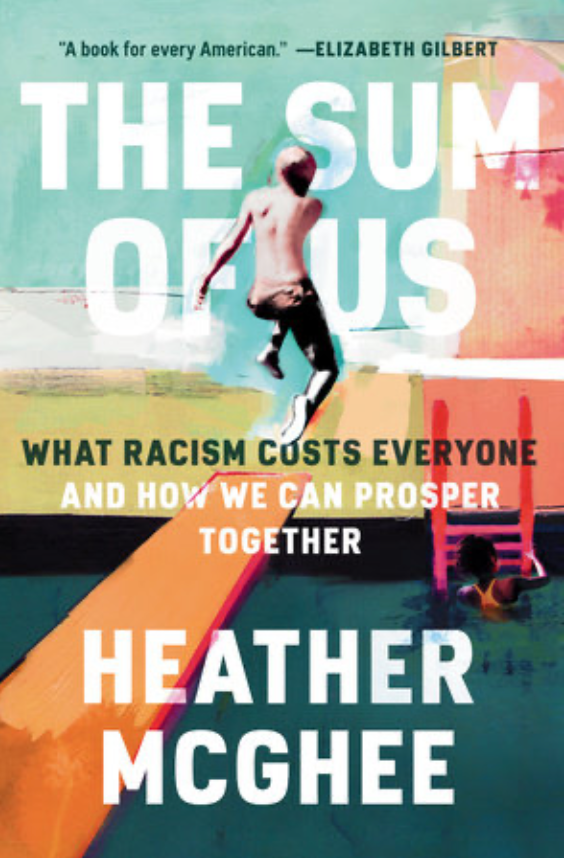Getting in our own way; racism affects everyone
- Jeremy Rhodes

- Apr 2, 2021
- 2 min read
I’m currently reading a book by Heather McGhee called The Sum of Us: What Racism Costs Everyone and How we can Prosper Together. Her book begins with an analogy that can serve to illustrate many of the ways we can get in our own way.

By the middle of the 20th century, many towns in America had invested in public swimming pools that were free for the members of their communities. However, attendance at these pools was usually limited to whites only. As Black Americans began winning the integration of public spaces through the 1950s and 1960s, these communities were forced to integrate their public swimming pools.
Many of them, however, refused to integrate. Some of the cities sold their public pools to private organizations, which could charge high fees for swimming, effectively re-segregating the pools. Many more communities decided to abandon the pools altogether, filling them in with concrete. These folks decided that it was better to eliminate a public good than to share that public good with Black people. So, no one gets to swim.
McGhee writes, “A once-public resource became a luxury amenity, and entire communities lost out on the benefits of public life and civic engagement once understood to be the key to making American democracy real.”
Heather McGhee’s analogy gives me a lot to think about. Many of us believe that the cost of racism is exclusively borne by people of color. However, as McGhee points out, racism creates an enormous cost for all of us, regardless of our race or ethnicity.
We would do well to consider the massive impact of all forms of racism, whether overt or subtle. When any of us deny resources to an underprivileged few, we are all made smaller.
Jeremy Rhodes is director of research and community impact with Prosper Waco.




Comments